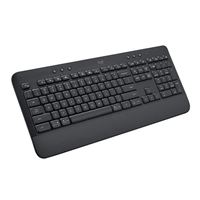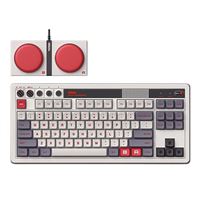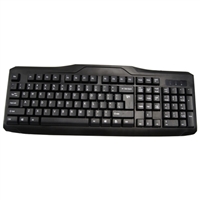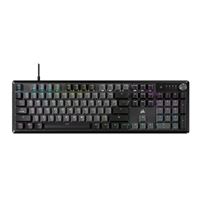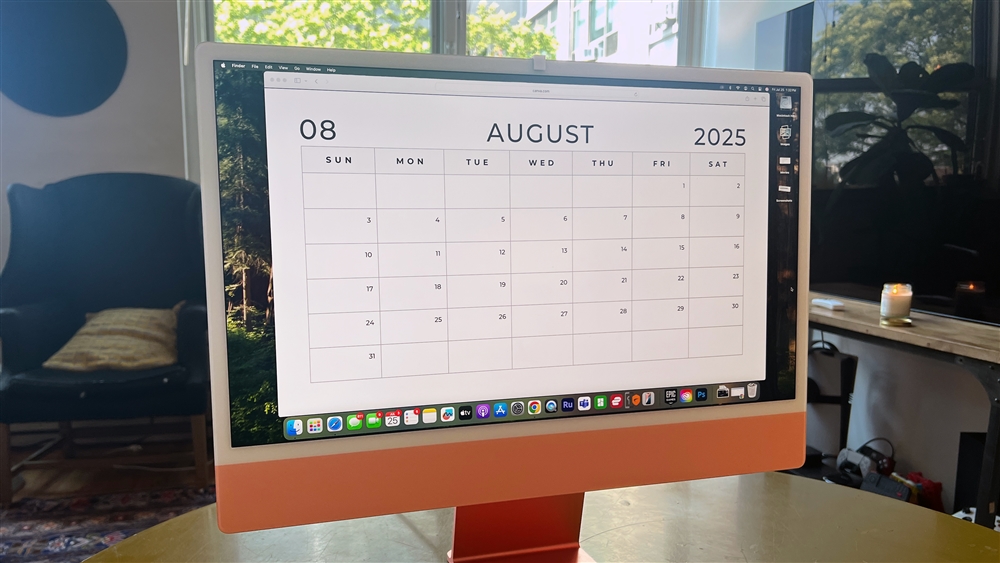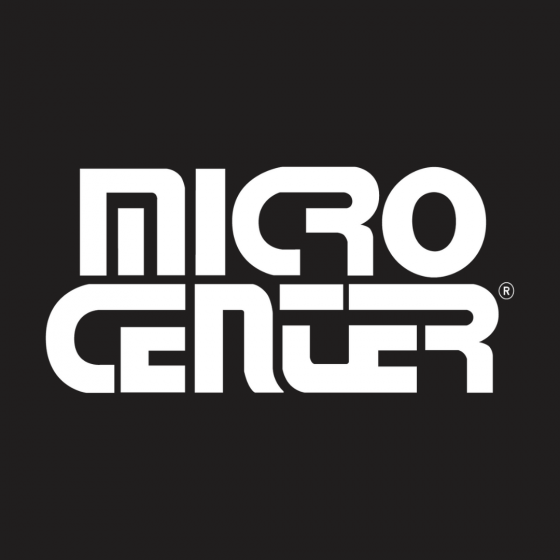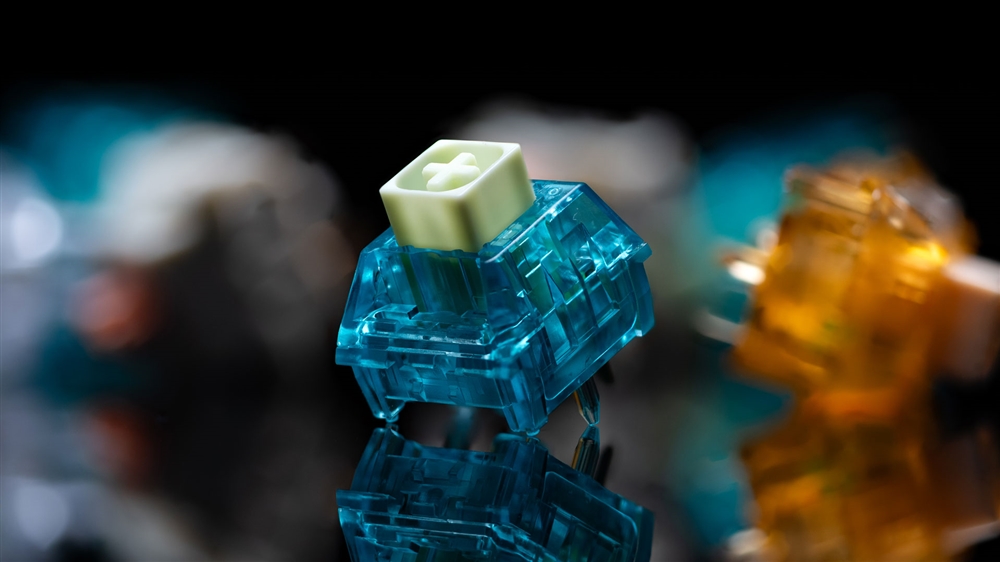Keyboard 101: Intro to Computer Keyboards and How to Pick the Right One
There are many considerations when choosing a keyboard. We explain them all in this new Keyboard 101 series.How-To
For the longest time, if you asked for a computer keyboard, you’d be handed a computer keyboard.
They were fairly standard, not a lot of variation between them. Now, however, if you ask me for a computer keyboard, I'll have a lot of questions. Questions like:
- What are you using this keyboard for?
- Mechanical or membrane?
- How much desk real estate do you have?
- Do you want/need a number pad?
- What type of switches? (And what's the difference between them?)
- Do you want to build your own keyboard? Or buy a pre-made one?
Yes, that's a lot of questions. And some only scratch the surface of what is really being asked. To make things simpler, we’re going to break these down into multiple articles going over each and every one of these in-depth, starting with the easiest to answer and working our way up.
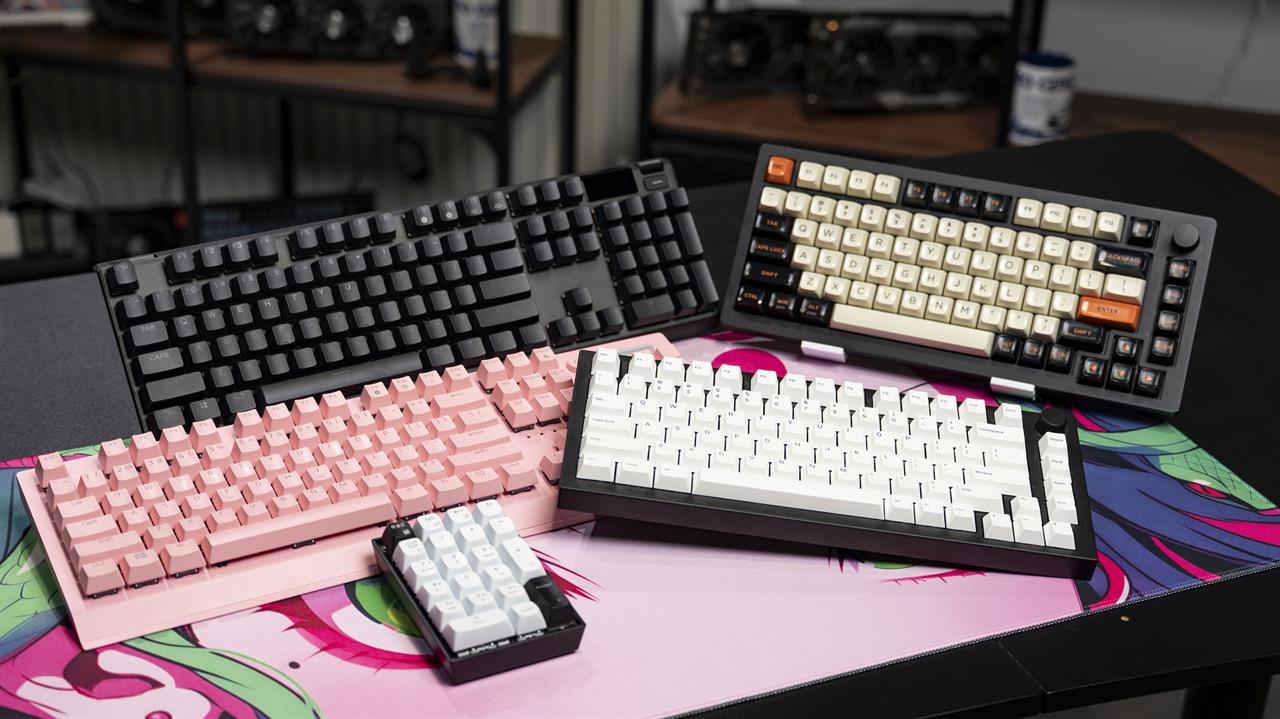 Photo: Jacob Bobo
Photo: Jacob Bobo Let’s start with the first question on the list:
What are you using this keyboard for?
A keyboard is a keyboard, right? A gaming keyboard should work for productivity and vice versa. And, while that's sort of true, there are reasons that they're separate keyboard types. Gaming keyboards often feature more buttons, lots of customization and, usually, easier-to-press keys. I'll use my old keyboard as an example.
My old keyboard, an Impulse from Hexgears, is a mechanical keyboard (we'll explain what that is in a minute) specifically designed for productivity. When I'm typing, I absolutely love it. But when work ends and I shift into gaming mode, it becomes a bit clearer that while the Impulse can be used for gaming, its strengths lie elsewhere. The smoking gun? The control key.
When writing, you're holding a key for a second or two at most. When gaming, you might be holding a key for well over a minute. And if you're holding a stiff key with a weak finger - say the control key and your pinky - you'll start to feel it as the keyboard actively fights against you to push that key back up. Sometimes you want that, sometimes you don't.
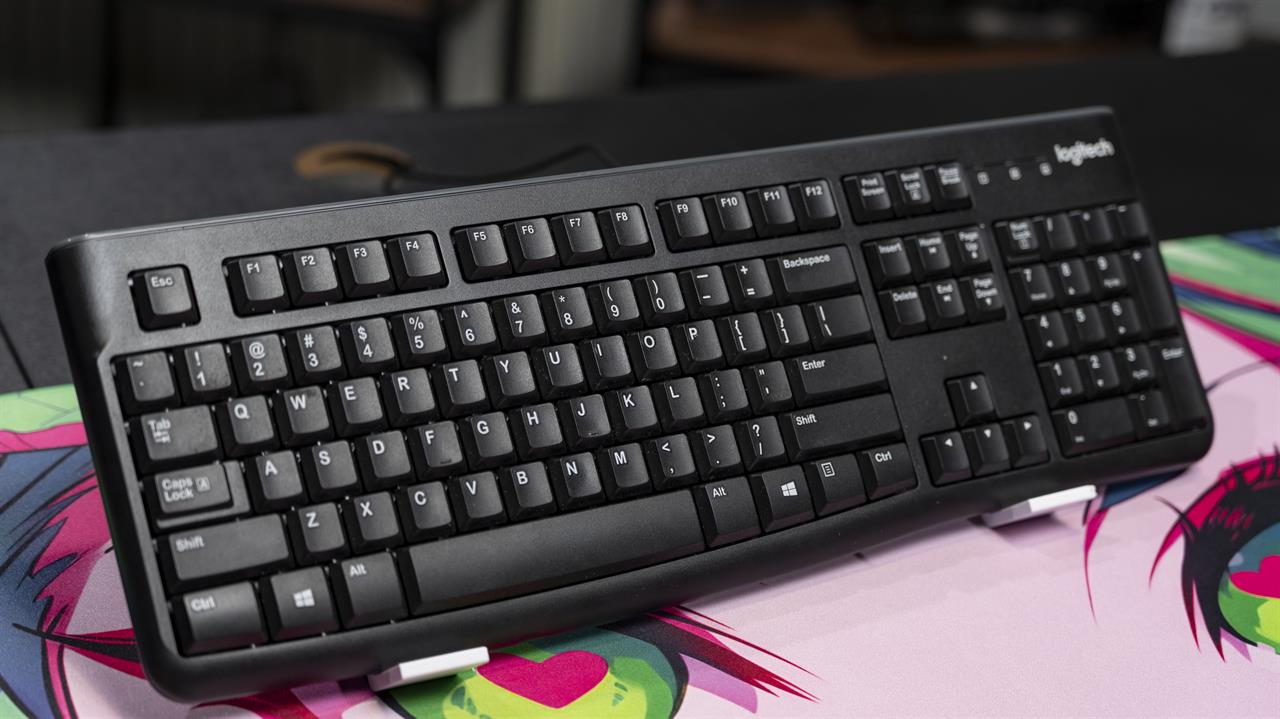 Photo: Jacob Bobo
Photo: Jacob BoboSo, what makes my keyboard - and those like it - better at productivity? Fast switches that reset quickly for fast typing, less RGB (usually, though not always), and a more only-what-you-need design ethos. Can productivity users make use of the extra keys? Sure! Will they often? Probably not.
Of course, a lot of us will be looking for something that can do a little bit of both. Keyboards that can handle both work and play can be found in both gaming and productivity options, but I would figure out what you’re planning on doing more of first. Basically, if you’re planning on gaming more than working, get a gaming keyboard. If you’re planning on playing more than working, go productivity.
Or, build your own. But we’ll talk about that option after we go through all the parts that go into that. First, however, we gotta dig into the next question.
Mechanical vs Membrane

I’m not going to beat around the bush here: while mechanical keyboards do tend to cost more than their membrane counterparts, mechanical keyboards are, most of the time, the better option. They last longer, often feature better build quality with more customization options, and generally feel better to use.
So if mechanical keyboards are so beloved, why are there still membrane keyboards? Before we answer that, let's dive into the difference between mechanical and membrane keyboards.
There can be a lot of nuance and variance between keyboards, so we’ll keep this fairly broad.. Keyboards are, in a lot of ways, very simple computers. There’s an electronics board laid out beneath the keys that, when activated, sends a signal to the main computer. They’re activated when, as you might have guessed, keys are pressed. And that’s where the difference lies.
Membrane keyboards feature a large rubber membrane between the keys and the actual board. When you press a key, you’re actually pressing the membrane into the board, which is what triggers the keypress to be read. Most keyboards use a single membrane spread across the entire keyboard, rather than per-key membranes.
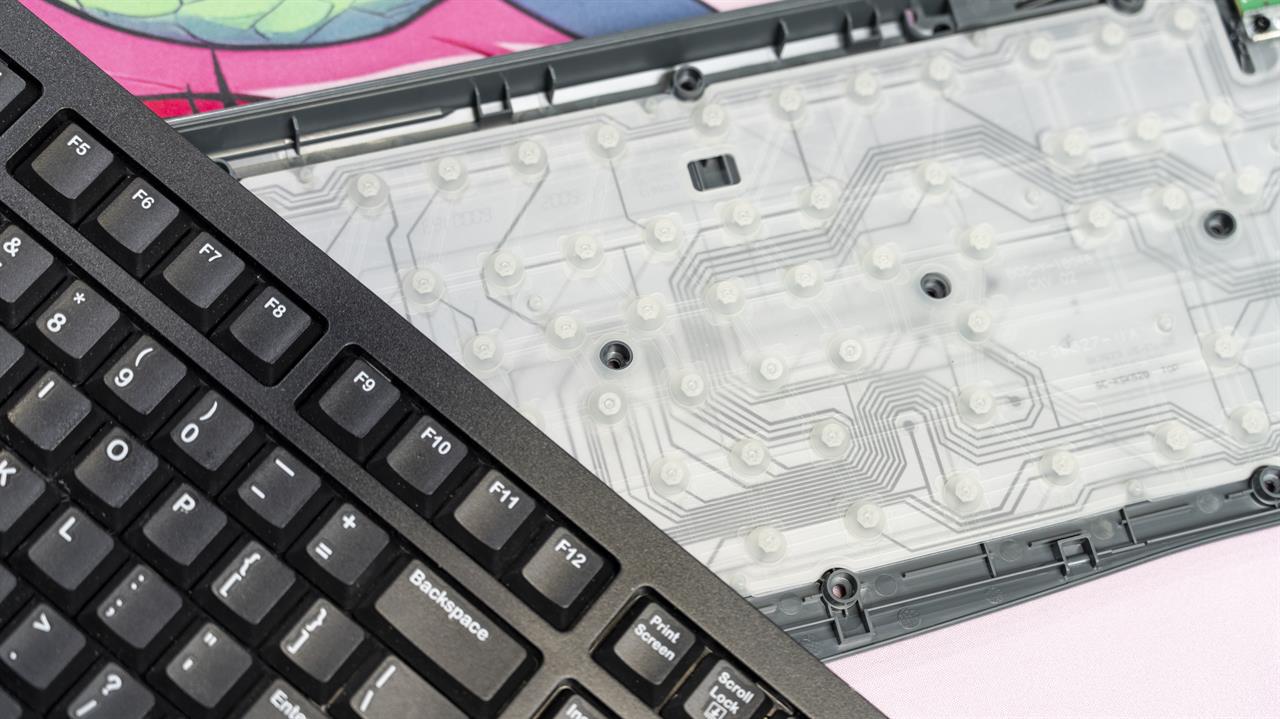 Photo: Jacob Bobo
Photo: Jacob Bobo Mechanical keyboards feature per-key switches. This means that every key has a dedicated mechanical switch, rather than a cross-keyboard membrane mat. While this does tend to make mechanical keyboards more expensive, it also makes them more durable (mechanical keyboards last approximately 30-70 million keypresses, whereas membrane ones only last around 5 million). Mechanical keyboards are also often customizable and reparable -- the tiny switches can usually be replaced and/or swapped for ones with a different feel.
So, why choose a membrane keyboard? Well, not every situation requires a mechanical keyboard. Mechanical keyboards range from “a little bit more expensive than membrane” to “the cost of an entry-level laptop.” Membrane keyboards can be cheaper than the cost of lunch, making them perfect for bulk office purchases, emergency backups, and plug-and-play testing keyboards.
They’re also, despite my professed love of mechanical, still solid, capable keyboards. This $6 Inland keyboard might not be the most comprehensive keyboard on the market, but it’ll get the job done. On the other hand, keyboards like the Logitech Signature K650 offer a robust typing solution that looks stunning, all on a membrane base.
That should be enough to answer your first Keyboard 101 question. If you know you’re looking for a simple membrane keyboard, then part one of this guide is probably all you’ll need. But if you’re at all curious about mechanical keyboards, we’ll be diving deep on switches in the next installment.
If you want more keyboard details sooner, stop by your local Micro Center and speak to one of our knowledgeable associates; they’ll be more than happy to answer your questions and help pick out the perfect keyboard for you.
Read more: Keyboards
- How to Build Your Own Custom Mechanical Keyboard
- Razer Huntsman V3 Pro Review: A Double-Duty Pro Keyboard
- Watch: Retro Dreams Come True With This Nintendo Inspired Keyboard>
- Watch: Yunzii AL75 Pro Keyboard | You Next Keyboard UPGRADE
Sean Mekinda is Micro Center's Community and Content Specialist, with three years of experience on The Micro Center Community and writing credits across the internet, including Polygon, 25YL, and 614 Magazine. He's been writing about and reviewing tech for over five years.
Sean has a specialty in gaming, peripherals, and creative projects designed to make your life easier, especially when it comes to tabletop gaming.
Contact Sean at SMekinda@microcenter.com or follow him on BlueSky.




